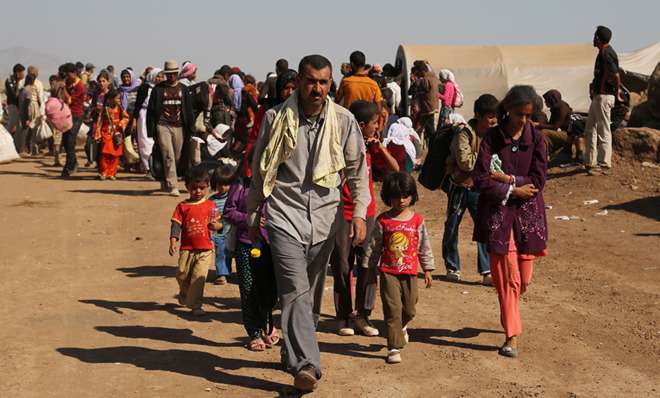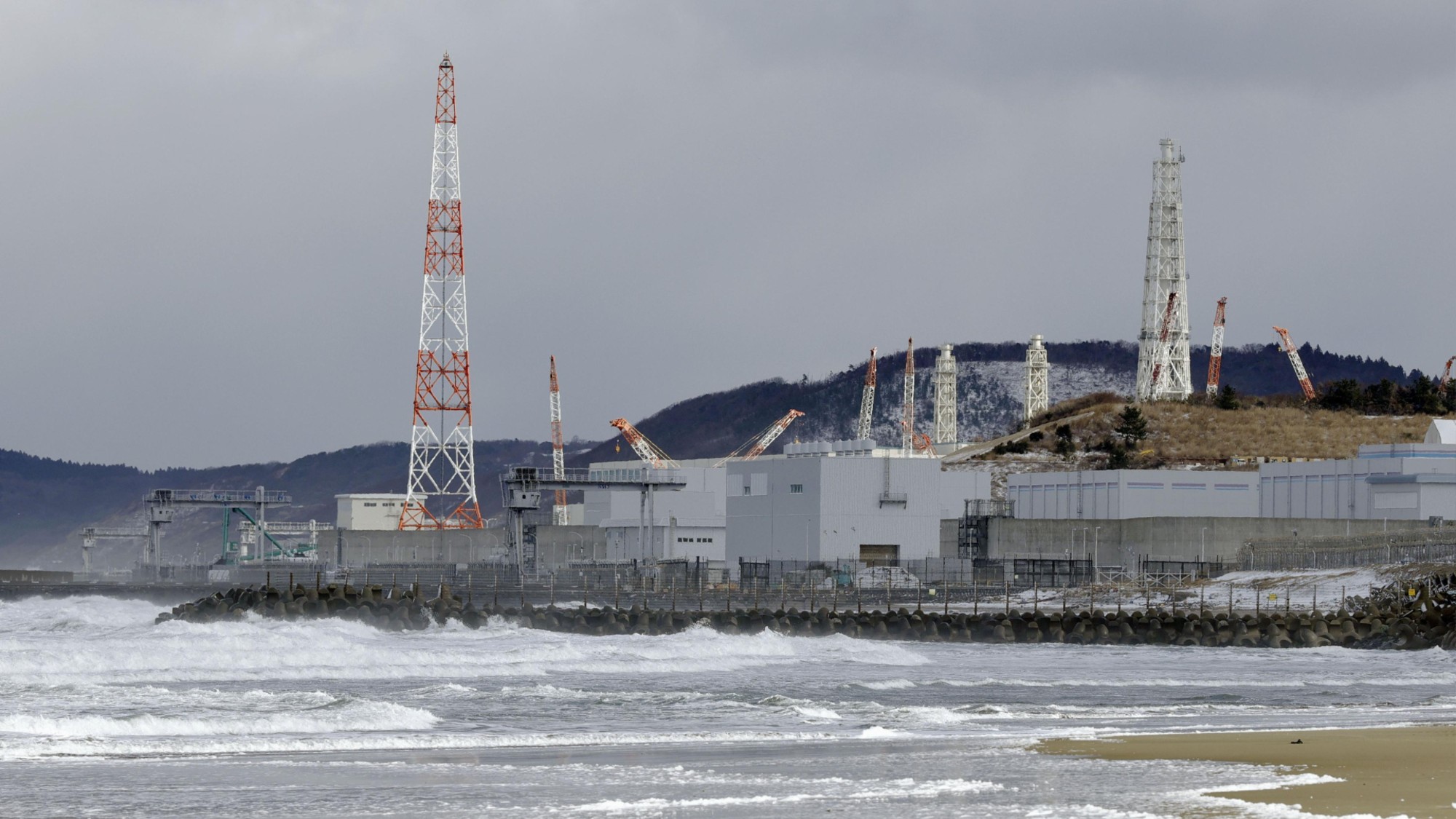Iraq's persecuted religious minorities still desperately need our help
Don't forget about them

The plight of religious minorities is still desperate in Iraq and Syria, despite U.S. efforts to thwart ISIS with a lethal flurry of airstrikes. As winter approaches, Yazidi refugees who left their homes and communities this summer are still hiding from ISIS militants and sex-slave traders in the mountains of Sinjar, and the Iraqi Christian communities of the Ninevah Plains are disintegrating. In Mosul, a historically Christian city of Iraq, most of the believers have left after being given the ultimatum to flee, convert, or die. Some of Mosul's Christian churches have since been converted by ISIS into prisons.
You probably haven't heard much about this lately, as the two minority groups have dropped out of headlines in the West in recent weeks. But that doesn't mean they don't need our help.
Now, despite the West's short memory, the Yazidi have found some diplomatic friendship among the right-wing of India's political class, who see in the Yazidi's plight a reflection of their own struggle with Islamic militancy. The Indian media has been publicizing the often gruesome stories of persecution and sexual slavery imposed on the Yazidi community by ISIS.
The Week
Escape your echo chamber. Get the facts behind the news, plus analysis from multiple perspectives.

Sign up for The Week's Free Newsletters
From our morning news briefing to a weekly Good News Newsletter, get the best of The Week delivered directly to your inbox.
From our morning news briefing to a weekly Good News Newsletter, get the best of The Week delivered directly to your inbox.
The Kurds, too, are doing quite a lot to regain ISIS-held territory where the Yazidi once lived. Kurds have also paid ransoms and fought to retrieve some Yazidi prisoners from ISIS, and provided militia training to Yazidi and Christian populations. But the Kurds can only do so much, because many of the people near Sinjar either support ISIS, or at least do not want Kurdish militias dictating the order on the ground.
The West needs to help, too.
I've argued this same point before. But it is worth repeating until America's government listens: The U.S. owes religious minorities in Iraq (and now in Syria, too) real diplomatic, financial, and humanitarian aid. The invasion and occupation of Iraq did not lead to a flowering of democratic liberalism in that nation, but to a power vacuum that has been filled by totalitarian Islamists who have already imposed horrible suffering on these minority communities: torture, sex slavery, forced conversion, exile, and death.
The rise of extremism in the Sunni Triangle, the inadequacy of the Iraqi Army to contain it, and the malfunctioning of Iraq's civil society after the toppling of the Hussein regime were all outcomes that could have been anticipated had American statesman thought through their decisions. We have a responsibility to help clean up the mess we made.
A free daily email with the biggest news stories of the day – and the best features from TheWeek.com
Rev. Canon Andrew White, the Anglican prelate known as "The Vicar of Baghdad," said he has stopped urging Christians to stay in Iraq, because he believes there is little chance those who have already left the country will return. He recently gave an interview where he discussed a case of four Iraqi Christian children who were beheaded by ISIS militants. He said that what his community was experiencing was the worst instance of religious persecution since the Holocaust.
If White is correct, and there is practically nothing for Iraqi Christians to return to in Iraq, then the U.S. and its European allies should work with regional partners to resettle them. The Yazidi may wish to settle among others who previously immigrated to Germany. And Christians from Mosul may wish to resettle anywhere there are other Middle Eastern Christians, from Lebanon to Chicago.
It would be salutary for the U.S. to open itself to refugees from this war. The disintegration of these communities is part of the collateral cultural damage of the Iraq war, and if anyone should be witness to it, it should be us.
Michael Brendan Dougherty is senior correspondent at TheWeek.com. He is the founder and editor of The Slurve, a newsletter about baseball. His work has appeared in The New York Times Magazine, ESPN Magazine, Slate and The American Conservative.
-
 Washington grapples with ICE’s growing footprint — and future
Washington grapples with ICE’s growing footprint — and futureTALKING POINTS The deadly provocations of federal officers in Minnesota have put ICE back in the national spotlight
-
 ‘One day fentanyl will come back — and there will be little anyone can do’
‘One day fentanyl will come back — and there will be little anyone can do’Instant Opinion Opinion, comment and editorials of the day
-
 15 years after Fukushima, is Japan right to restart its reactors?
15 years after Fukushima, is Japan right to restart its reactors?Today’s Big Question Balancing safety fears against energy needs
